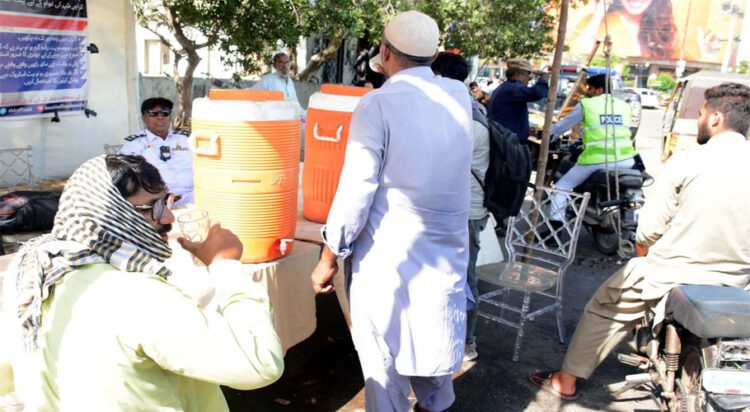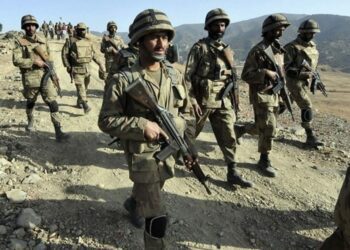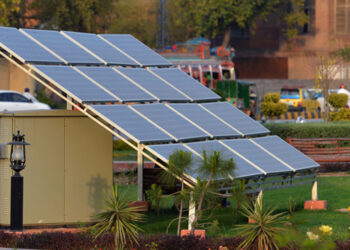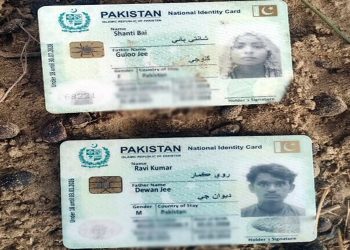In anticipation of an impending heatwave, disaster management officials have taken swift action, establishing over 1,000 relief camps across Sindh, Pakistan.
This proactive measure comes as the Pakistan Meteorological Department warns of temperatures soaring to potentially life-threatening levels, with projections reaching up to 50 degrees Celsius (122 degrees Fahrenheit) in rural parts of the province.
Ajay Kumar, assistant director of the Provincial Disaster Management Authority (PDMA), emphasized the vital role these camps play in mitigating the impact of extreme heat. “These camps have been set up to provide relief to affected people and help reduce instances of heatstroke and other heat-related illnesses,” Kumar stated. “Equipped with rest areas, water, and glucose for those in need, they serve as crucial sanctuaries during this challenging time.”
The severity of the impending heatwave extends beyond Sindh, with forecasts suggesting widespread effects across the country. Such extreme weather events exacerbate existing challenges, particularly in regions already grappling with power shortages. Reports indicate that some areas are facing up to 15 hours of load shedding per day, compounding the dangers posed by the scorching temperatures.
Furthermore, the situation underscores Pakistan’s growing vulnerability to climate change-induced phenomena. Scientists have linked the increasing frequency and intensity of such events to broader climate shifts, highlighting the urgent need for comprehensive adaptation and mitigation strategies.
The impact of the heatwave extends beyond human health concerns. Schools throughout the province have been compelled to postpone annual examinations, recognizing the risk posed to students amidst such oppressive conditions. In Karachi, a sprawling metropolis home to over 20 million people, the decision reflects a collective prioritization of public safety.
Sardar Sarfaraz, Chief Meteorologist at PDMA, shed light on the disproportionate impact of extreme heat on vulnerable populations, particularly women in rural settings who are often tasked with domestic and agricultural responsibilities. “Women who spend most of their time in the kitchen and in the fields in rural areas are the hardest hit,” Sarfaraz remarked, underscoring the need for targeted interventions to safeguard marginalized communities.
Additionally, concerns have been raised regarding the welfare of livestock, further complicating the multifaceted challenges posed by the impending heatwave. Kumar emphasized the need for comprehensive disaster preparedness measures, urging stakeholders to prioritize both human and animal welfare in their response efforts.














![Local residents at the Swat River, which is overflowing due to pre-monsoon heavy rains in the area on the outskirts of Mingora, the main town of Pakistan's Swat Valley [Sherin Zada/AP]](https://mmnews.tv/wp-content/uploads/2025/06/Flooding-in-Swat-river-350x250.jpg)




















